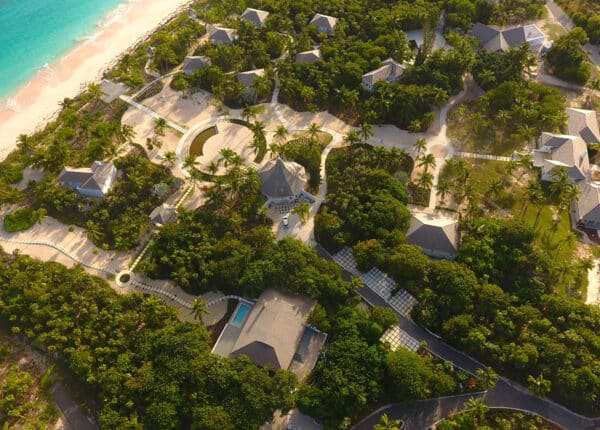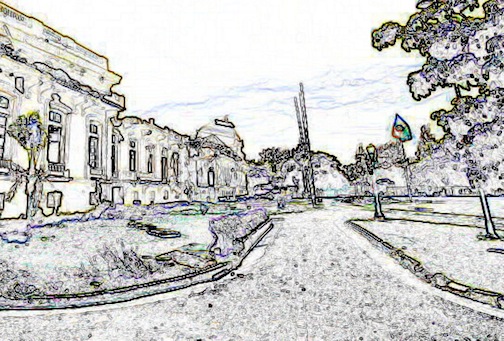By Ilio Durandis
CJ Contributor
A means to an end or an end to any means. Democracy, since ancient times, has not simply been a means to attain certain political power, but it has been a way of life for many, or, in other terms, simply an end that allows individuals to attain all of their potential.
At its core fabric, it is not a political tool, nor should it totally depend on the politics of a nation to make it work. Democracy is the desire of a group of people to be tolerant towards each other, while prospering in communal dignity.
When it comes to Haiti, the concept of democracy is not only used as a political tool, but it is politics. This simple term or ideology has been used and misused by politicians to keep an archaic system alive, and to prevent a nation from pursuing the ideal of its founding creed: liberty, equality and fraternity.
Since the founding of the nation, Haiti’s politics have never matched the social needs of its people. The politics of a few have condemned the many to live a subhuman life from generation to generation.
Haiti has had its fair share of military, autocratic, dictatorial and neo-liberal leadership, and still, all of those systems have failed the people many times over.
The time to harmonize the politics of democracy with social democracy can no longer wait.
In Haiti, when politicians talk of democracy, it does not have the same meaning as when it is uttered by the vast majority of the people. The language of politics must find a way to match the syntax of society.
Since the fall of Duvalier in 1986, political democracy has been a very attractive idea to Haitian politicians. Every election, a flock of unknowns registers their names for public offices, very seldom with a plan to execute upon being elected. Those who lose just continue their path in oblivion, while waiting for the next vote.
For Haitian politicians, democracy is just the ability to have their names on a ballot — nothing more, nothing less. The losers of elections often invoke the word democracy to decry unfairness in the process. Those same losers believe it is their democratic duty to cause trouble and render the country ungovernable for the winners.
It is not a coincidence that it has been almost impossible for any faction in power to make transformative change in Haiti. Democracy as a political tool, especially when it is not founded upon the rule of law, is an obstruction in attaining social progress.
Haiti’s first and only constitution after the fall of Duvalier has never been fully implemented. A document that should have been used to safeguard the values of social democracy and promote fairness, and to access the basics of life, has been, time after time, ignored for the political gains of a few.
Haiti’s failure to leap forward over the past 26 years is directly linked to its leaders’ inability to respect the supreme law of the land. Those not too familiar with Haiti and whom only information comes from the international news outlets, can easily be swayed to believe that Haiti’s problem is simply one of a lack of money.
Indeed, the common mistake in dealing with Haiti’s inadequacy at making social progress is often thought of in terms of finance. If money were indeed Haiti’s most crucial missing element in its path to progress, after 26 years of the international community economic subsidies, colossal progress would have been seen by now. But if it’s not a money issue, then what is the missing element?
To get back to main theme of this article, the institutions needed to make democracy fourish in Haiti have seldom been a priority for anyone involved in Haiti’s governance.
The politics of democracy should be the business of strong and democratic institutions.
In Haiti, these institutions are not only weak, but they are all compromised. Instead of being independent of each other, they are subservient to the supreme branch or branches of government. In such an instance, democracy cannot imprint its values — those that make society work for the benefit of most without impeding on the legal rights of anyone.
Social democracy and progress can be had in Haiti, but the politics of democracy must follow the rule of law and get out of the people’s way.
Each Haitian must have the liberty to pursue their dreams within the borders of their native country. They should have the liberty to express their opinion without the fear of being attacked or marginalized. The liberty to pursue a means to make a decent living with dignity should not be a luxury afforded to a few, but an accessible common goal for all.
The total inequality that exists within Haitian society must be reduced, if not eliminated. There must be a greater effort to establish an egalitarian society, where women have the same access as men, children are protected, the homeless are sheltered, the sick cared for, the malnourished fed and the less fortunate respected.
Only then can the Haitian people live the dream of those who fought for its independence not only to be free and equal, but also to share the land as brothers and sisters living for a common purpose, defending a common ideal, and prospering together with dignity.
In democracy, all of these are possible, but the mandate must be funded with the principle of respect for the rule of law, which is its most important currency.
Democracy without justice is a recipe for anarchy and instability. And there is no justice where the law is not supreme.
Ilio Durandis, a Caribbean Journal contributor, is the founder of Haiti 2015, a social movement for a just and prosperous Haiti. He is also a columnist with The Haitian Times.







